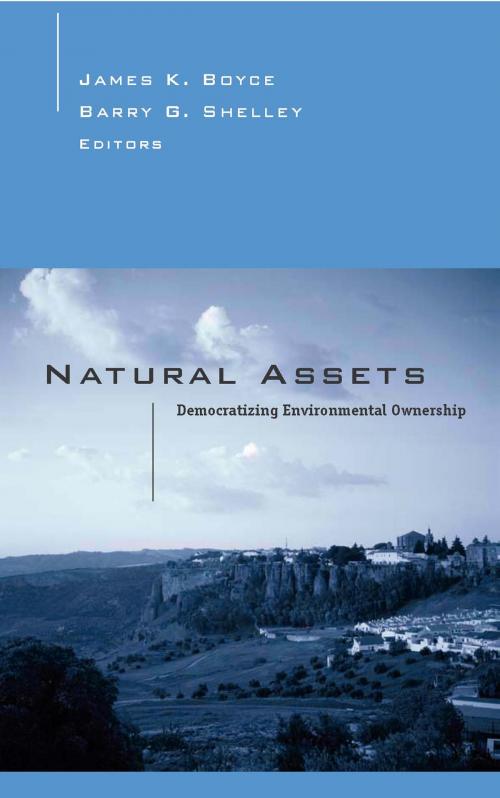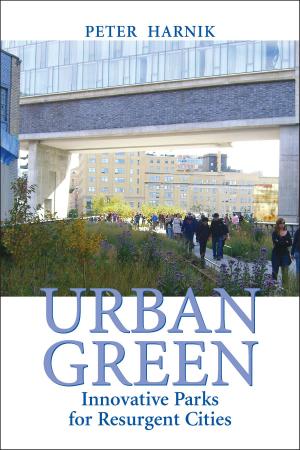Natural Assets
Democratizing Ownership Of Nature
Nonfiction, Reference & Language, Law, Environmental, Science & Nature, Nature, Environment, Environmental Conservation & Protection| Author: | James Boyce | ISBN: | 9781597262781 |
| Publisher: | Island Press | Publication: | May 2, 2003 |
| Imprint: | Island Press | Language: | English |
| Author: | James Boyce |
| ISBN: | 9781597262781 |
| Publisher: | Island Press |
| Publication: | May 2, 2003 |
| Imprint: | Island Press |
| Language: | English |
Low-income communities frequently suffer from a lack of access to, or lack of control over, the natural resources that surround them. In many cases, their local environmhas been degraded by years of resource extraction and pollution by distant corporations or governmagencies. In such settings, initiatives that build natural assets in the hands of the poor can play an important role in poverty-fighting efforts.
Natural Assets explores a range of strategies for expanding the quantity and enhancing the quality of natural assets in the hands of low-income individuals and communities. The book:
•• examines the social construction of rights to natural resources and the environment
• describes efforts to curtail pollution of the air, land, and water and to reclaim resources that have been appropriated and abused by polluters
• considers sustainable agricultural practices that not only maintain but actually increase the stock of natural capital
• explores strategies to promote sustainable forest managemwhile reducing rural poverty
• examines the prospects for building natural assets in urban areas
Drawing on evidence from across the United States, the authors demonstrate that safeguarding the environmand improving the well-being of the poor can be mutually reinforcing goals.
Low-income communities frequently suffer from a lack of access to, or lack of control over, the natural resources that surround them. In many cases, their local environmhas been degraded by years of resource extraction and pollution by distant corporations or governmagencies. In such settings, initiatives that build natural assets in the hands of the poor can play an important role in poverty-fighting efforts.
Natural Assets explores a range of strategies for expanding the quantity and enhancing the quality of natural assets in the hands of low-income individuals and communities. The book:
•• examines the social construction of rights to natural resources and the environment
• describes efforts to curtail pollution of the air, land, and water and to reclaim resources that have been appropriated and abused by polluters
• considers sustainable agricultural practices that not only maintain but actually increase the stock of natural capital
• explores strategies to promote sustainable forest managemwhile reducing rural poverty
• examines the prospects for building natural assets in urban areas
Drawing on evidence from across the United States, the authors demonstrate that safeguarding the environmand improving the well-being of the poor can be mutually reinforcing goals.















